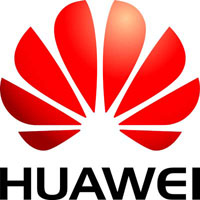Open source lessons in the Nortel bankruptcy


First, phone companies are liars. That's a good fact to know.
After winning tens of billions in subsidies during the decade, supposedly to extend broadband, AT&T and Verizon have instead played Monopoly on the field and destroyed their suppliers.
Nortel is not alone in being in the dumps. Alcatel, which bought the Bells' old Lucent arm in 2006 for $11 billion, is now trading under the financial Mendoza line ($2/share) and may yet become the French word for GM -- or Chrysler.
But there is another possible culprit, and in this lesson open source may be tarred as the villain.
That culprit is Huawei.
Huawei has used open standards and Chinese wages to become the dominant telecom player of our time.
While it has to fend off accusations of espionage and ties to the Chinese government, and while the big American networks remain leery of it, its gear has become first choice in the rest of the world.
Huawei is continuing to move ahead wherever open source lets it, developing an Android phone for instance. It is even sneaking up on Cisco.
Patents and corporate relationships are no longer enough in the telecom equipment space. For American companies to stage a comeback they will need high quality, low prices, and new customers here in the U.S.
It is not inevitable that open source will benefit the Chinese over the rest of us, but we need to change how we play and adapt.